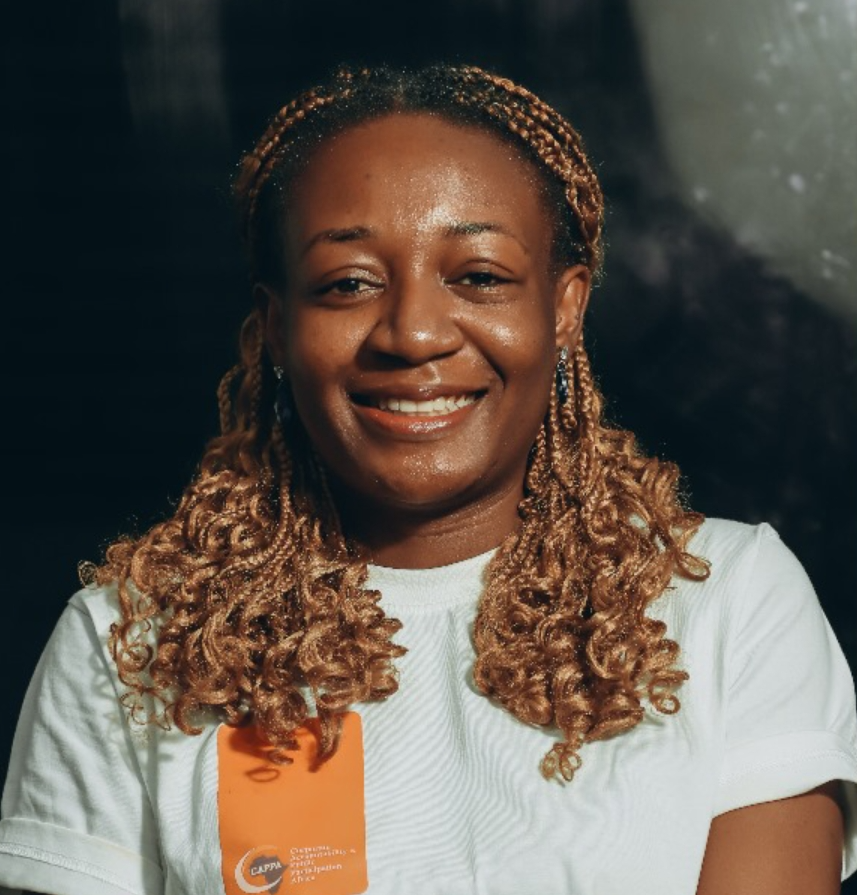Since late last year, the launch of the student loan initiative has experienced multiple deferrals, with state authorities announcing its commencement at no fewer than three different times, with the most prospective date-as stated by its sponsor and Chief of Staff (COS) to the President, Femi Gbajabiamila-now being in a few weeks’ time. In the interim, significant alterations have been made …


